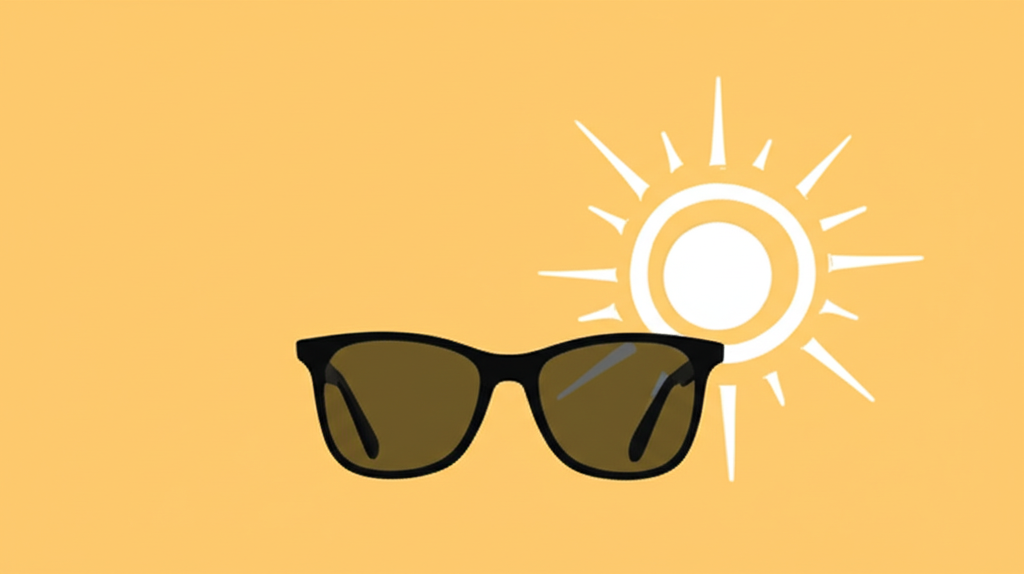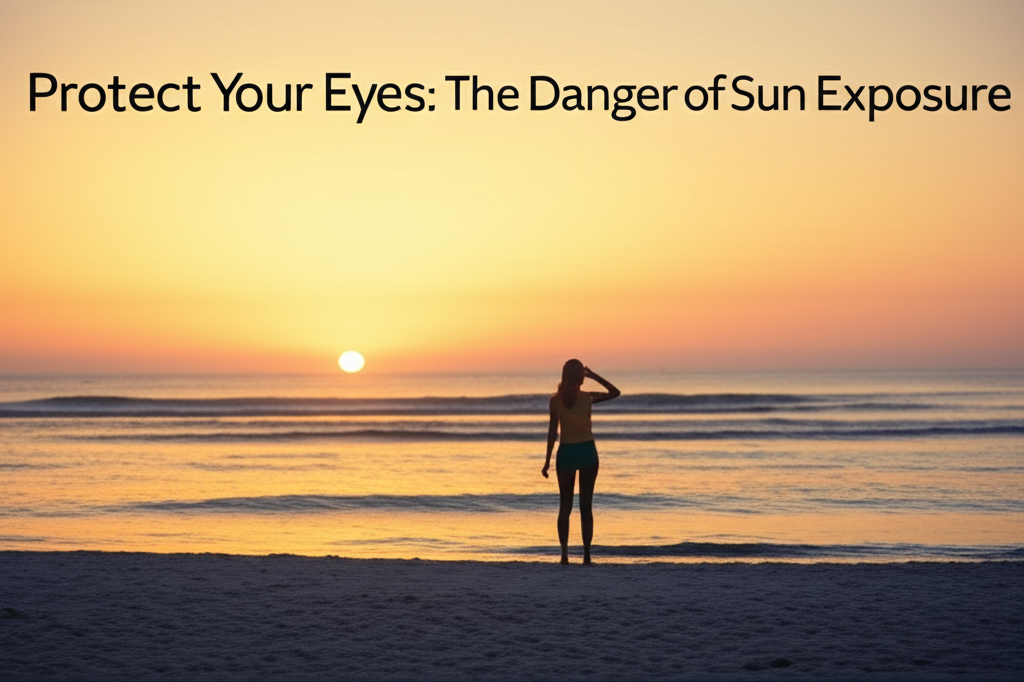
Alcohol - Good or Bad?
Alcohol. It's a substance that's been a part of human society for thousands of years, used in celebrations, rituals, and social gatherings. But is it good or bad? The answer, as with most things in life, is complex and depends heavily on context and moderation.
On one hand, moderate alcohol consumption has been linked to certain potential health benefits. Some studies suggest a reduced risk of heart disease and stroke in adults who drink moderately. However, it's crucial to understand that these benefits are not guaranteed and are often outweighed by the risks associated with alcohol abuse.
The dangers of excessive alcohol use are well-documented. Excessive drinking can lead to a wide range of health problems, including:
- Liver disease: From fatty liver to cirrhosis, alcohol is a leading cause of liver damage.
- Heart problems: While moderate consumption might offer some protection, excessive drinking significantly increases the risk of heart disease, high blood pressure, and stroke.
- Cancer: Alcohol use is linked to several types of cancer, including mouth, throat, liver, breast, and colorectal cancers.
- Mental health issues: Alcohol can worsen anxiety and depression, and heavy drinking can lead to alcohol dependence and other mental health disorders.
- Accidents and injuries: Impaired judgment and coordination significantly increase the risk of accidents, including car crashes and falls.
- Addiction: Alcohol is a highly addictive substance, and dependence can lead to serious health and social consequences.
The risks associated with alcohol are especially pronounced for certain groups of people, such as pregnant women, individuals with a family history of alcoholism, and those with pre-existing health conditions. Even seemingly moderate drinking can be harmful in these cases.
It's important to define 'moderate' drinking. Guidelines vary slightly depending on the region and organization, but generally, moderate consumption is considered to be no more than one or two drinks per day for men and one drink per day for women. A 'drink' is typically defined as 12 ounces of beer, 5 ounces of wine, or 1.5 ounces of hard liquor.
The key takeaway is that responsible consumption is paramount. Understanding the potential benefits and risks of alcohol, as well as your own personal health and family history, is vital before making any decisions about alcohol use. If you are struggling with alcohol abuse, seeking help from a healthcare professional or support group is crucial.
The decision of whether or not to drink alcohol is a personal one, and it's important to make an informed choice based on your individual circumstances and health. Remember, moderation is key, and if you choose to drink, do so responsibly and within established guidelines.
Ultimately, the question of whether alcohol is good or bad isn't easily answered with a simple yes or no. Its impact depends entirely on the individual, their consumption habits, and their overall health. Prioritize your well-being, make informed decisions, and seek professional help if you need it.
Hashtags:#alcohol #health #drinking #moderatedrinking #risksofalcohol #benefitsofalcohol #liverdisease #heartdisease #cancer #mentalhealth #addiction #responsibledrinking Labels: alcohol,health,drinking,moderate drinking,risks of alcohol,benefits of alcohol,liver disease,heart disease,cancer,mental health,addiction,responsible drinking
